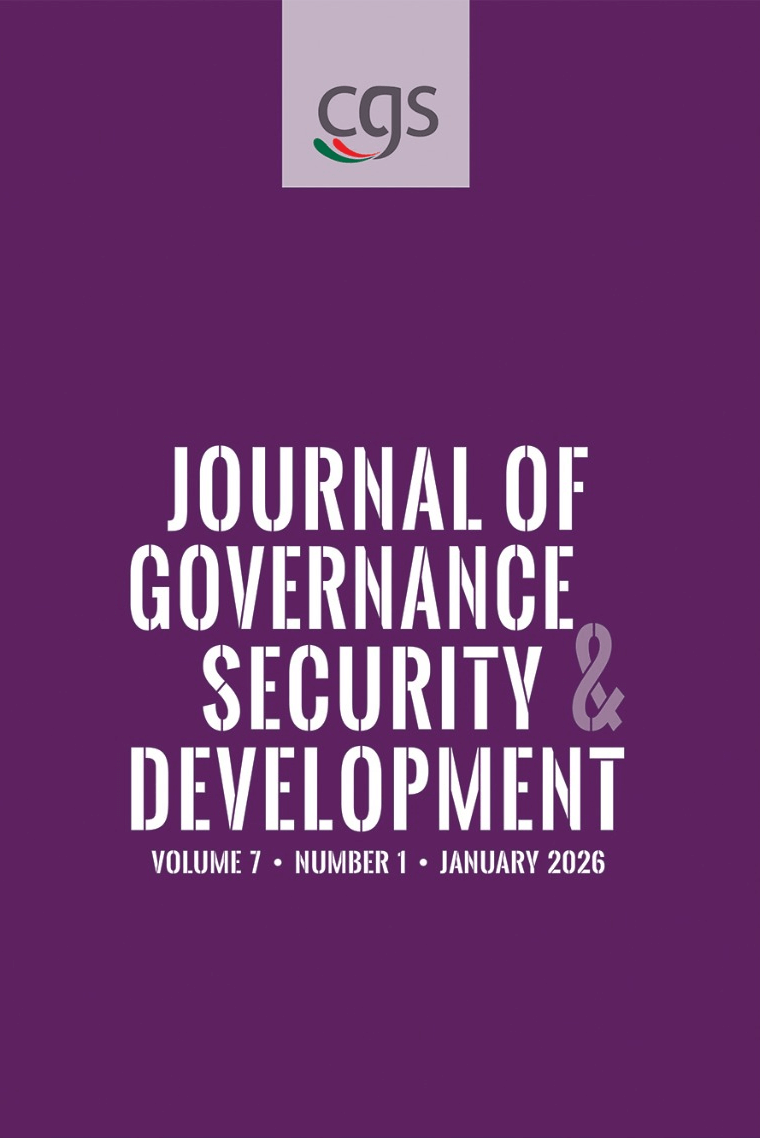Journal Abstract
Volume 6 | Number 1-2
Online Version: ISSN No: 2708-2490
Print Version: ISSN No: 2709-0590
Price: BDT: 750.00, USD: 25.00
Publish Date: 01, July 2025
Article:
Saume Saptaparna Nath and Ahnaf Ashiqur Rahman
Abstract
This paper examines the agenda-setting role of social media in Bangladesh’s July 2024 student movement by analyzing how digital platforms shaped public discourse, influenced policy response, and facilitated mass mobilization. Drawing on agenda-setting theories from Zizi Papacharissi, Nathan Rambukkana, Bennett, and Segerberg, this study argues that social media networks—particularly Facebook, Twitter, and WhatsApp—served as a key instrument in disseminating real-time information, coordinating protests, and fostering a shared collective identity among participants. Employing a qualitative approach, this study conducts a content analysis of social media posts, digital news coverage, and online interactions to trace the evolution of narratives and their impact on public sentiment. The findings suggest that social media accelerated the circulation of sensitive stories documenting repression and played a crucial role in amplifying public dissent against Haina’s government policies. While not the sole factor behind the political change, social media played a significant role in shaping the movement's momentum and contributing to the broader environment for political pressure. By highlighting the intersection of digital activism and political resistance, this paper signifies social media’s role in public mobilization in the modern era.


